Michael Davidson President, Board Coach
The time to strengthen your board is now, even with everything else on your plate. During the pandemic, critical issues are constantly arising for non-profits, and if your board is not working efficiently and strategically as a team, it can’t take ownership of the issues. For some organizations this alone could cause their demise. When the pandemic itself is over, it will be a time to rebuild and grow. The stronger your board is now, the better positioned you will be to thrive in the future. We are bringing this series of blog posts to them to help build the strongest board possible at this time.
–Michael Davidson and Brian Saber
It is probably one of the few universal truths of human behavior that we are at our best when we are working as part of a group. Today you need all your board members working at their best individually and collectively.
Boards work best when board members know what is expected of them and are confident their fellow team members are living up to the same expectations. There are two categories of expectations—measurable performance standards and behavioral norms.
Measurable expectations are those that could be reported back to your board members and to the Governance Committee in a “report card.” These include board meeting attendance, committee participation, committee or board leadership, personal contributions, and fundraising involvement.
Behavioral Norms
In addition to these measurable expectations, there are behavioral norms that are equally important. These norms include:
- Respect for fellow board members
- Readiness to check one’s ego at the door — to say “it’s not about me”
- Willingness to consider perspectives different from their own
- An understanding that the board speaks with one voice
- Respect for the dedication and work of the staff
- Deference to committee recommendations; providing helpful refinements rather than revising the entire proposal
These norms seem like common sense but making them explicit provides great support for your chair or another board member when a board meeting or a board member seems to be going off the rails.
Strategies designed to motivate board engagement — for example, connecting board members with programs and strategic board meetings — are important, but they do not directly address the challenge of finding board members who are motivated to assume leadership positions.
Professional Skill Development
An answer is to be found in the strategies used for staff development. Providing opportunities for professional skill development is an important motivator for staff. Providing similar opportunities to board members may be valued by them as well.
 When board members are asked about what they’ve gained personally from their board experience, they first and foremost talk about making a difference, having an impact. Serving as a board member often adds another level of meaning to one’s life, both through the work and through the new people and communities they connect with.
When board members are asked about what they’ve gained personally from their board experience, they first and foremost talk about making a difference, having an impact. Serving as a board member often adds another level of meaning to one’s life, both through the work and through the new people and communities they connect with.
Board members often also acknowledge the value of strengthening their skills and confidence in areas such as:
- learning how to work with a group
- seeing an issue from different perspectives
- reaching decisions by consensus
Have individual conversations with each board member about their board experience and their personal goals. These conversations can be with the Chair or with members of the Governance Committee. You will be pleasantly surprised by what you learn.
This will not be a quick process. Over time, however, board members can come to value the challenges and opportunities of board leadership. You may even be faced with having to choose between candidates for chair!
Action Steps
Have self-assessment conversations with each board member to:
- Review accomplishments
- Solve problems
- Set goals
- Identify how board experience can be enhanced
- Create leadership development plans, including stretch assignments, skill development goals, etc.






